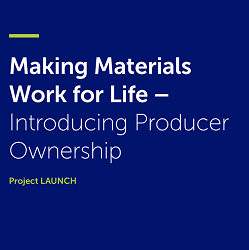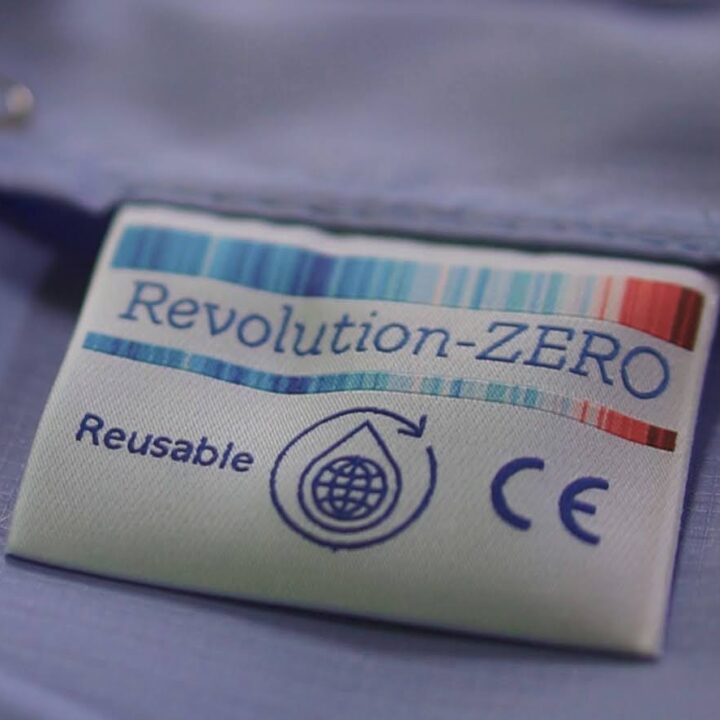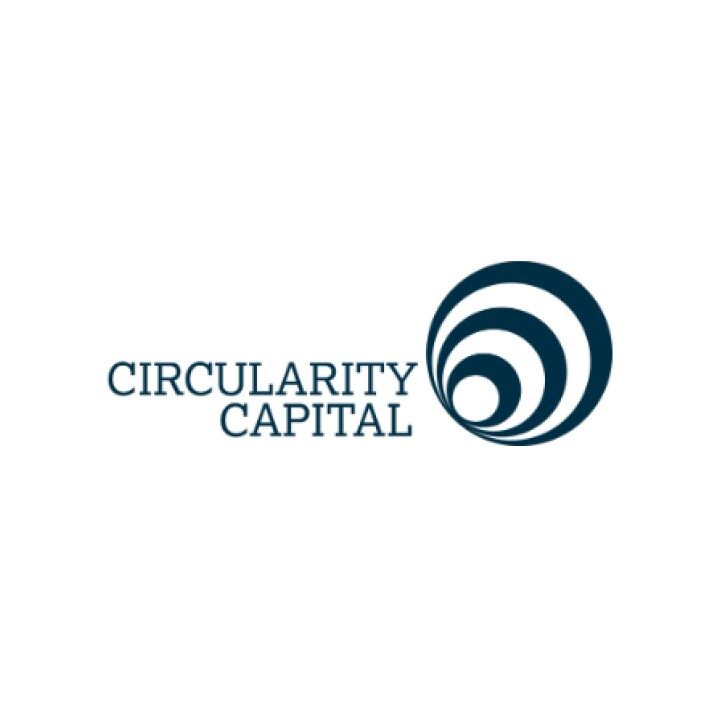2022, CE-Hub Team
Making Materials Work for Life – Introducing Producer Ownership
2019, SystemIQ
We are currently facing two linked global challenges: a rapid increase in carbon emissions coupled with an overwhelming increase in resource consumption and waste generation.
Circular economy models that decouple growth from primary resource consumption and waste generation could be the answer to a prosperous future. In the long term, circular economy models could increase GDP over current trends and ease resource dependencies, whilst businesses could save hundreds of billions of euros in material costs.
However, the current economic system we operate in is designed for linear resource use. Virgin
materials are cheap and ubiquitous and over 90% of material and energy value is lost after one use cycle.
The system is currently stacked against circular economy models. Our finance, legal and taxation systems are not designed to promote circularity; costs of virgin material extraction, and product use and disposal do not reflect their full associated environmental and social costs.
We have seen over the past years the emergence of range of policy mechanisms that aim to support circularity and resource decoupling such as “Extended Producer Responsibility” (EPR) policies.
EPR policies have been an important catalyst for improving waste management and recycling in Europe over the last decades. However, they will not drive the acceleration that is critically required to unlock new circular economy business models, product designs and after-use technologies that fundamentally decouple prosperity and growth from resource use, waste generation and carbon emissions.
Producer Ownership schemes have the potential to align incentives and accelerate the circular
economy. Numerous businesses, especially in business to business environments, have shifted from product to service-based models, thus retaining ownership of their products and materials across multiple use cycles. The Producer Ownership model provides the right incentives to design products for durability, dematerialisation, re-use and high-value recycling. However, these models fail to scale at the speed required as the current economic and regulatory system does not provide the right conditions or incentives for them to succeed.
Producer Ownership schemes go beyond Extended Producer Responsibility. They provide
incentives and regulations so that producers are or act like owners of their products during and
after the use of the product by the customer.







